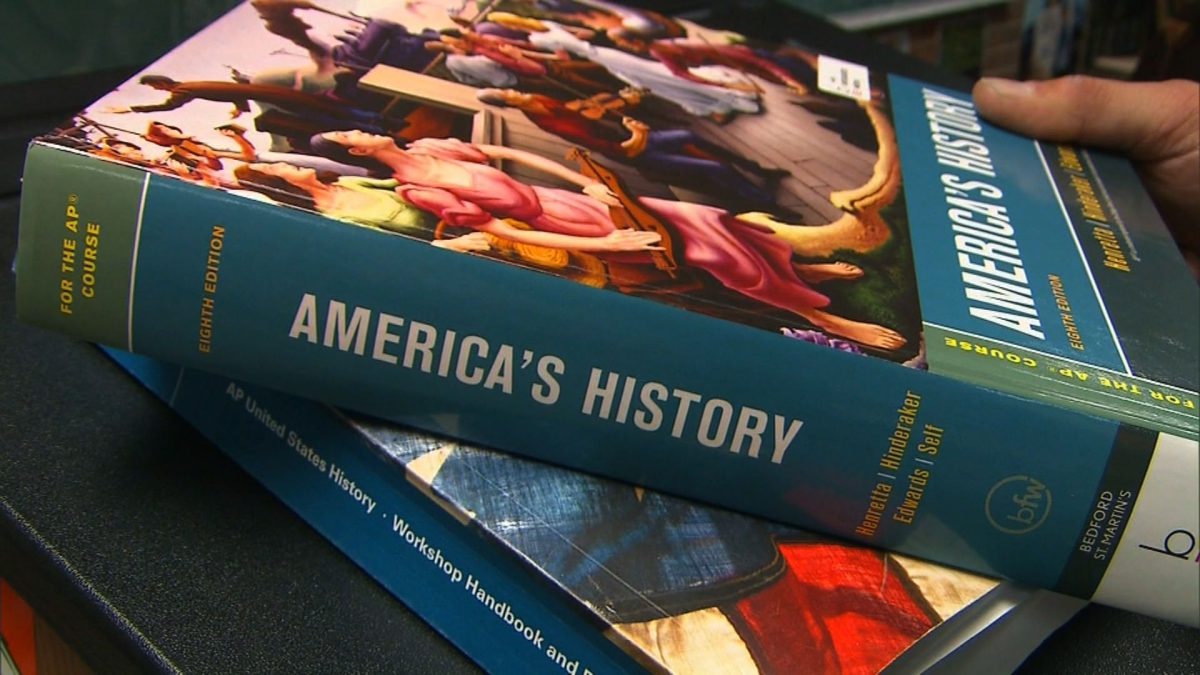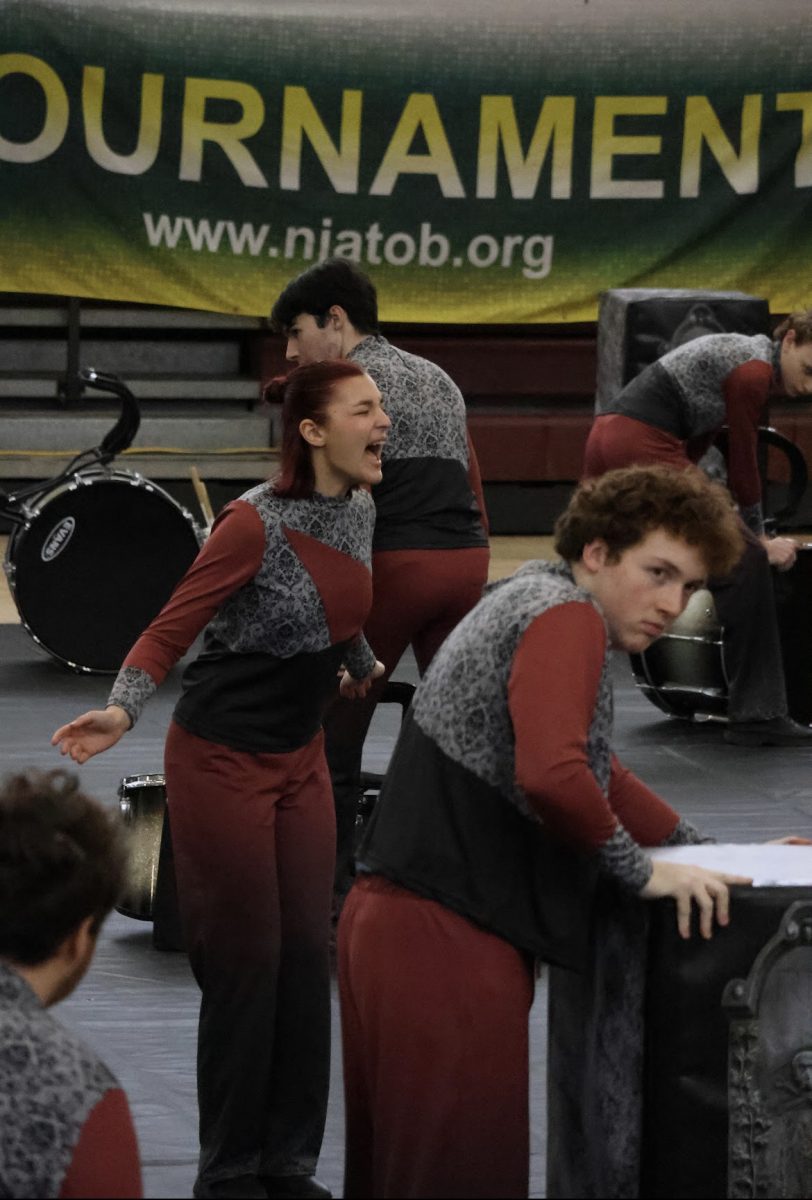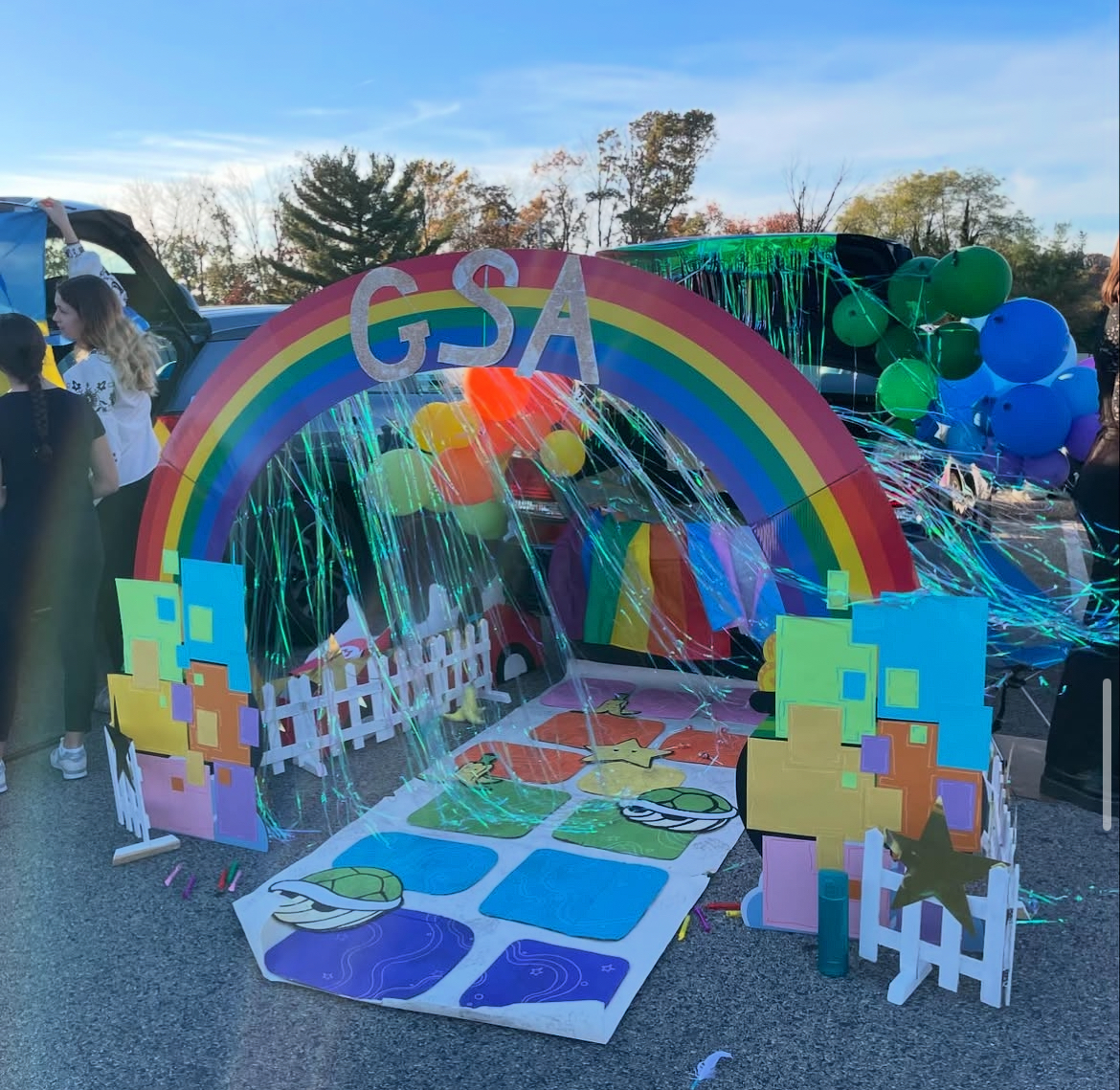AP US History is a class notoriously known for its extreme rigor and grueling pace. With course selection around the corner, sophomores must decide whether to take this course next year, and this is a predicament I’ve been going through myself. Of course, I’ve heard the class isn’t easy, but I wasn’t sure of much else. So, I decided to interview Abington’s two APUSH teachers to give students an in-depth idea of what the class will entail.
Mr. Banks and Mr. Morrisette are the two APUSH teachers at Abington Senior High School. They’re both exceedingly experienced in teaching the class, as they have taught AP US History for over 20 years. In addition, they both teach all levels of US history. In the past, Mr. Morissette taught World Civics and was a sports coach. Currently, Mr. Banks teaches another AP class, Advanced Placement Human Geography.
To start the interview, I asked them, on a scale of 1 to 10, 1 being undemanding and 10 being extremely rigorous, where they would rank the class. Mr. Banks believes the class would fall at an 8.5, and Mr. Morrisette placed it at a 10. They both emphasized that the class is rigorous due to the extensive amount of content. This content is covered in great depth and differs from past American history classes students have taken. Not only that, but the class requires more reading and writing at a faster pace than the average class. However, this doesn’t mean this is a burdening class. On the contrary, the class explores content through unique perspectives that intrigue students. The class focuses on understanding time frames, how they connect, and inspecting them through new lenses. For example, the class covers how textbooks were written in the past and how their authors depicted Native Americans. Though Mr. Banks and Mr. Morrisette stress the importance of being realistic about the class’s difficulty, they don’t want students to be discouraged from taking the course as it’s rich in value and information.
When asked for indicators a student will succeed in their class, they answered that efficient note-taking and reading skills typically correlate with proficient student performance. They also explain that there’s a set reading schedule from the beginning of the year, and students must outline their textbooks and take notes during class, so these skills are valuable. APUSH isn’t a class one can sit in passively just because one previously took American History. If students lack any interest or passion in history, the class can be very laborious as it takes passion to keep up with its rate.
Mr. Morrisette and Mr. Banks explain that the beginning of the school year is the most arduous period for students since they aren’t sure what to expect. Various students start by using flashcards and memorizing vocabulary but are unprepared since most questions are application-based with stimulus materials. The open-ended questions are also a step up as students must practice writing Document-Based Questions and Long Essay Questions. They both require the students to write five-paragraph essays. For the DBQ, students are provided with seven documents that they must use to answer the prompt. The LEQ requires students to write an argumentative essay with no stimuli material. Both essays are strictly graded based on the College Board’s rubric, so students must practice and get accustomed to the format. The class can also be difficult at the beginning of the school year because the content starts with pre-colonial history, which students have less exposure to. However, Mr. Banks and Mr. Morrisette highlight that once students familiarize themselves with the class and its expectations, most else will fall into place.
Finally, I asked Mr. Banks and Mr. Morrisette for any advice they’d give students who want to take this course next year. They mentioned the importance of coming into the class with a positive attitude and reaching out to them if you’re struggling. They also emphasize that to succeed in the class, students must manage their time well and have proficient organizational skills. Though they acknowledge its rigor, they don’t wish to discourage students from taking the class. They encourage students to take the class if they’re interested in American History and want to prepare for college.








